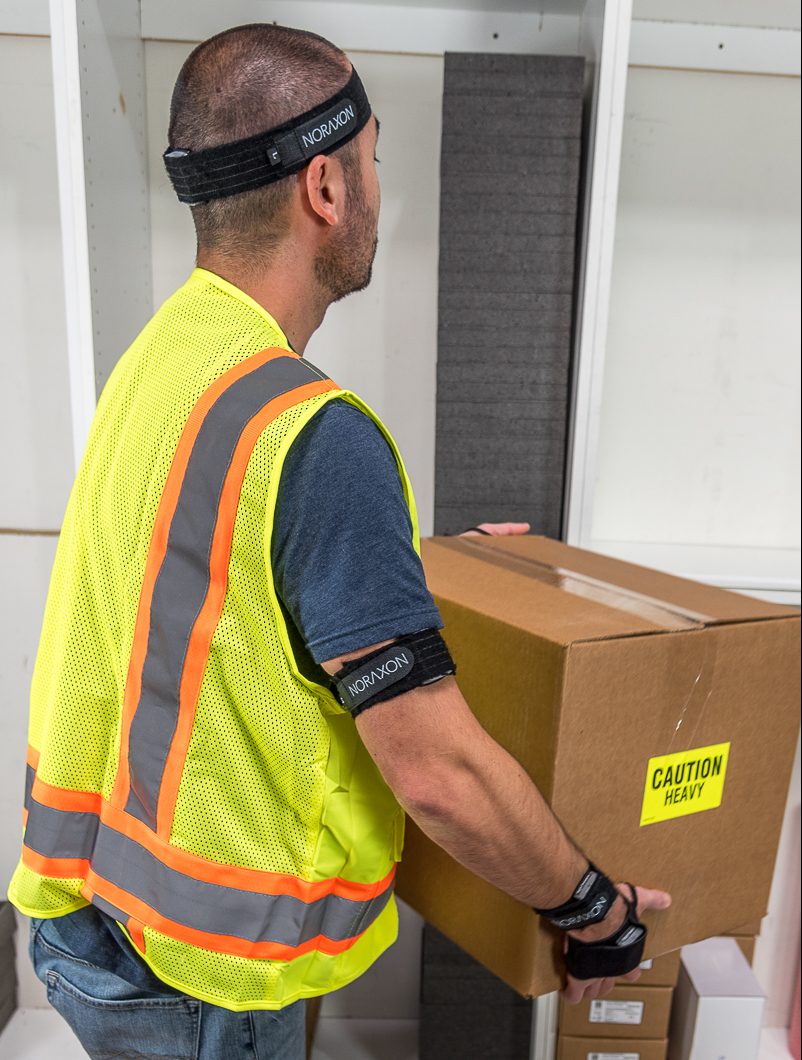Ergonomics (or human factors) is the scientific discipline concerned with understanding the interactions between humans and other elements of a system, and the profession that applies engineering principles and data analysis methods to the design of workstations, products, and systems to optimize human well-being and overall system performance.

Manual material handling (MMH) injuries and repetitive motion musculoskeletal disorders (MSDs) lead the list of workers’ compensation claims and their associated costs in the U.S., conservatively amounting to $25,000 per incident on average and costing U.S. businesses nearly $60 billion annually. Many claims are for injuries that are the result of accumulated trauma, including: sprains, strains, tendonitis, and – most commonly – lower back pain. The injuries derive from actions that create excessive or repeated stress on backs, shoulders, elbows, wrists, ankles, and hands. These MMH injuries are often associated with poorly designed workstations and improper manual handling equipment that can put workers at risk. The result is:
- Decreased productivity
- Quality problems
- Lost workdays
- Increased employer medical costs, including workers’ compensation claims
The myoRESEARCH Ergonomics Toolkit seeks to address the need for a streamlined biomechanics analysis system by providing a solution that is easy to use, accurate, adaptable, and portable through our fully integrated hardware/software package.
The Toolkit and our modular platform can accommodate both rapid analysis configurations as well as comprehensive biomechanical analysis when necessary, including standardized ergonomic analysis tools for the NIOSH Lifting Equation, Liberty Mutual Material Handling Equations, Lumbar Disc Compression Analysis, Static/Dynamic Posture Analysis, REBA, and RULA scoring methods.


